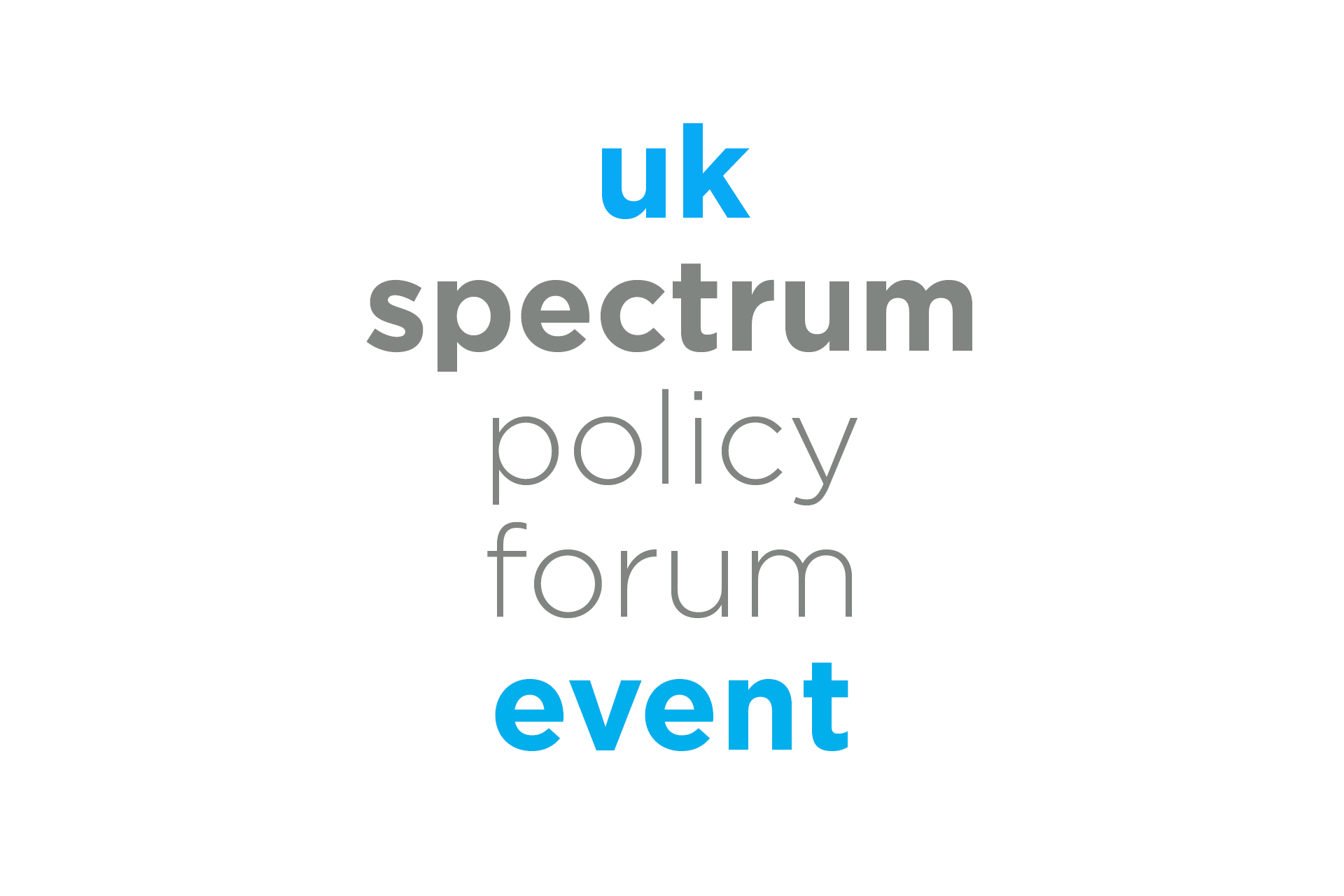UK SPF commissions study to explore spectrum sharing with Defence
In a recent development, management consultancy LS telcom has been appointed to produce an independent report addressing the complexities of sharing Defence spectrum. At the heart of this endeavour lies the need to reconcile the growing need for spectrum sharing with the stringent security requirements of the Ministry of Defence (MoD).
The MoD's operational flexibility and security concerns demand a tailored approach that aligns regulatory frameworks with Defence priorities. The study aims not to replace existing MoD sharing arrangements but to explore avenues for enhanced collaboration within a secure framework. Moreover, spectrum sharing challenges extend beyond Defence, prompting the need for a holistic framework that accommodates diverse governmental needs.
LS telcom is very pleased to be working with the UK Spectrum Policy Forum again and excited to get started on this interesting piece of work developing a new spectrum sharing framework with MOD and stakeholders. We think this project will uncover some useful insights and approaches to spectrum sharing with a focus on specific needs of defence and their use of spectrum.
This report aims to provide a useful framework to help some discussions related to the sharing of the Defence spectrum. Given that sharing the Defence spectrum will be an important topic around Europe in the next few years, UK SPF is pleased to commission this work to explore UK-specific details and look forward to the report's outcome.
This framework must facilitate dynamic spectrum access while ensuring compatibility with commercial applications. By leveraging spectrum sharing as a capacity-enhancing tool, Defence aims to optimise resource utilisation without compromising national security.
Scope and next steps
The scope of the study encompasses a thorough examination of potential sharing frameworks under MoD-prescribed conditions. From manual licensing to automated spectrum access mechanisms, various approaches will be scrutinised to ascertain their suitability for different scenarios. Additionally, the study will explore the economic implications of spectrum sharing, aiming to minimise costs for users while maximising operational efficiency
Key deliverables include a comprehensive report outlining Defence-specific requirements, civil user tolerances, and recommendations for effective spectrum sharing mechanisms. By mapping out the pros and cons of different sharing mechanisms, stakeholders will gain insights into optimal strategies for spectrum utilization. Moreover, field trials parameters will be established to facilitate stakeholder engagement and ensure the viability of the proposed framework.
In summary, the quest for efficient spectrum sharing represents a delicate balancing act between security imperatives and operational efficiency. By fostering collaboration between Defence, regulatory bodies, and commercial entities, the UK aims to unlock the full potential of its spectrum resources while safeguarding national interests. The forthcoming report promises to chart a course towards a more secure, agile, and economically viable spectrum sharing framework.
Join the UK Spectrum Policy Forum Plenary on Wednesday 24 July, from 14:00-16:00

The event will launch the new UK SPF report on the 'Requirements for sharing Defence spectrum,' along with other discussions around relevant topics.
Contact us

Sophie Greaves
Sophie Greaves is Associate Director for Digital Infrastructure at techUK, overseeing the Communications Infrastructure and Services Programme at techUK, and the UK Spectrum Policy Forum.

Tales Gaspar
Tales has a background in law and economics, with previous experience in the regulation of new technologies and infrastructure.


